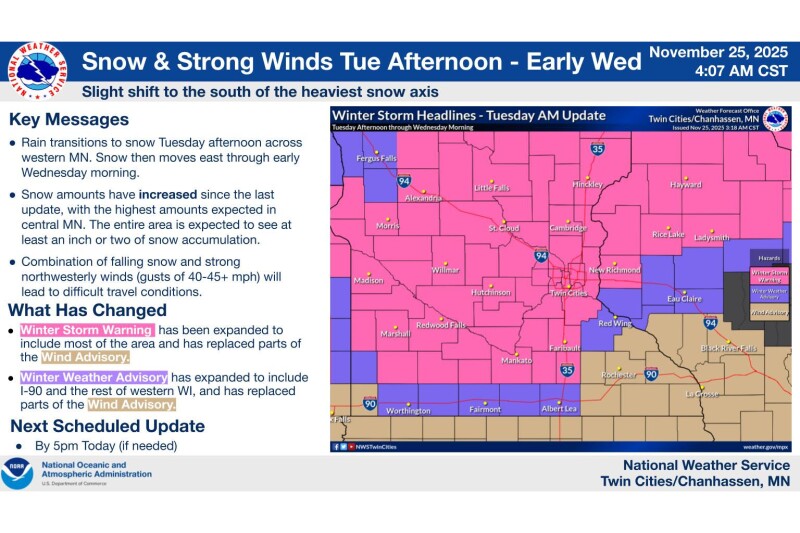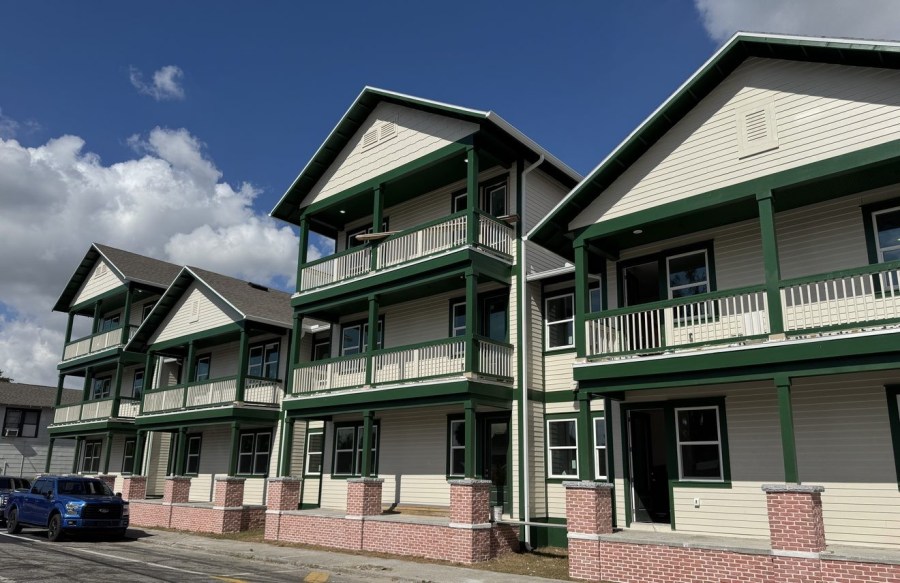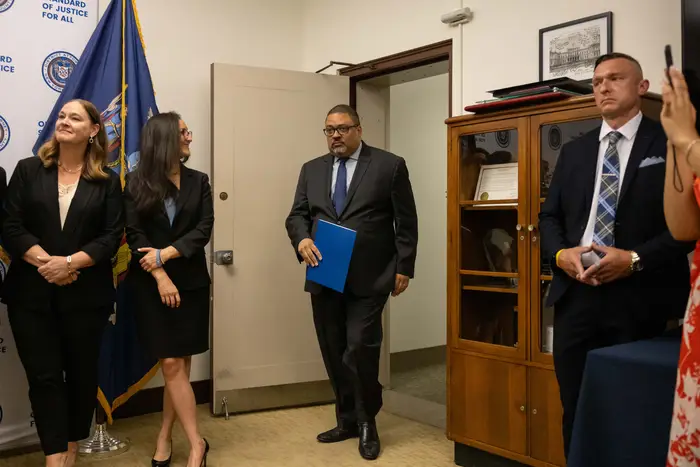UPDATE: A groundbreaking study just released reveals alarming health risks for firefighters who battled the devastating fires in the Los Angeles area in January 2025. Researchers from the University of Arizona Mel and Enid Zuckerman College of Public Health found significant changes in blood proteins among these brave individuals, raising urgent concerns about their long-term health, particularly the risk of cancer.
The research, published in the Journal of Occupational and Environmental Medicine, documented the physiological impact on firefighters who faced the intense urban blazes that scorched over 23,000 acres and forced more than 100,000 people to evacuate their homes. The fires began in the wildland-urban interface and escalated into catastrophic urban conflagrations.
In this pivotal study, researchers analyzed blood samples from 42 firefighters enrolled in the Fire Fighter Cancer Cohort Study, comparing samples collected before and after their exposure to the fires. The findings unveiled a staggering 60 changes in the firefighters’ serum proteome—a group of blood proteins that play critical roles in immune function and inflammatory responses, among other vital health systems.
“Our research identified changes in proteins that were concerning for lots of different reasons,”
stated Melissa Furlong, the study’s first author and assistant professor of environmental health sciences.
“These indicated a broad suite of possible health effects from exposure to these large urban conflagration fires.”
Among the identified changes were alterations in protein pathways responsible for cancer growth, signaling, metabolic processes, and oxidative stress levels. Dr. Jeff Burgess, the senior author and a long-time researcher on firefighter health, emphasized the collaborative nature of this study, saying,
“The results help answer some of the questions from firefighters about whether their exposures may put them at risk for future illness.”
This research is especially significant given the ongoing discussions about the health impacts of firefighting. Since 2015, Dr. Burgess has focused on cancer risk and prevention in firefighters, contributing evidence that led to the international classification of firefighting as a carcinogenic profession.
In light of these findings, Furlong and her team are now embarking on long-term follow-up studies aimed at preventing disease development among firefighters.
“We know that firefighters are at increased risk for lots of different cancers,”
Furlong added.
“If we can replicate this and see consistent signals, we might identify proteins that we can intervene on or biomarkers that could potentially be targeted for prevention.”
This urgent research highlights the critical need for ongoing support and study into the health of firefighters, as their selfless service during disasters like the January 2025 fires poses significant risks to their well-being.
For those interested in the latest developments in firefighter health, stay tuned for updates on further research and findings that could influence future health strategies and policies.







